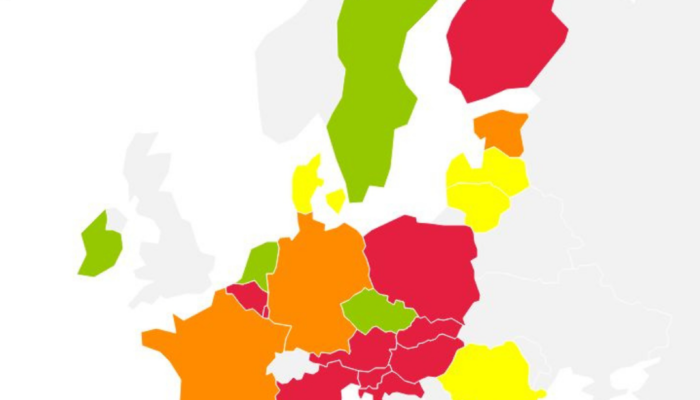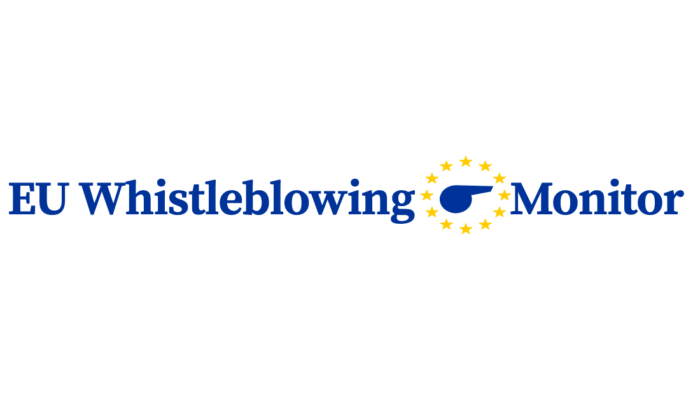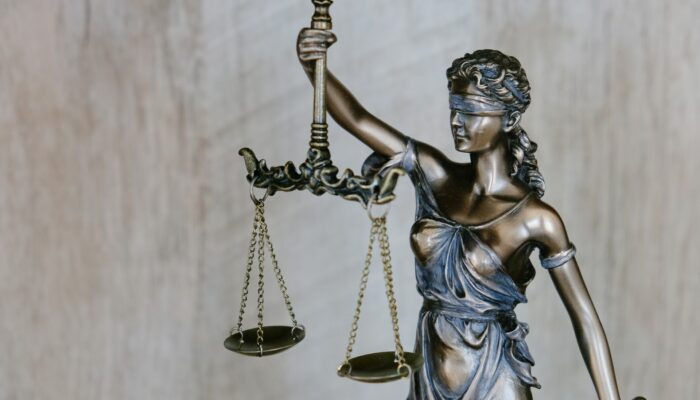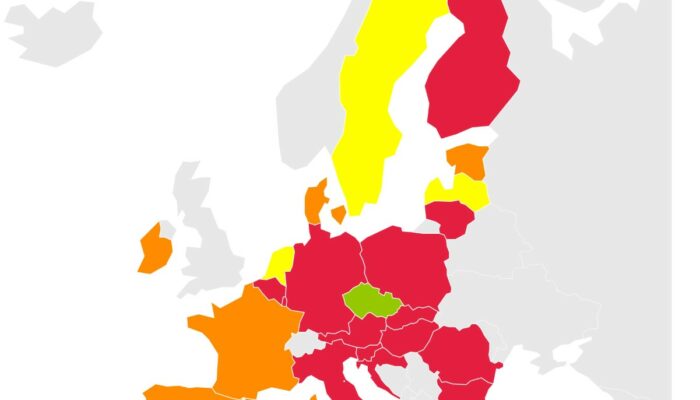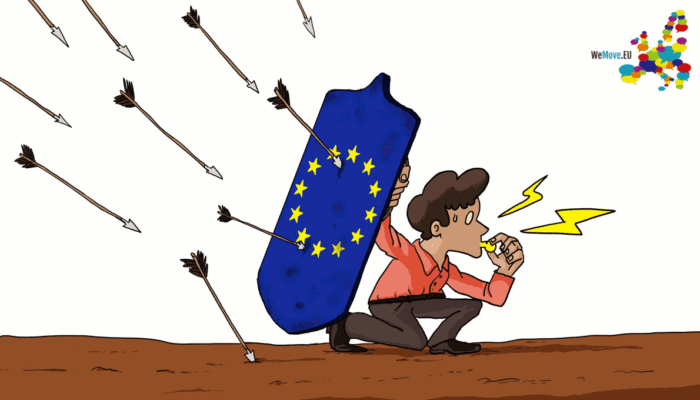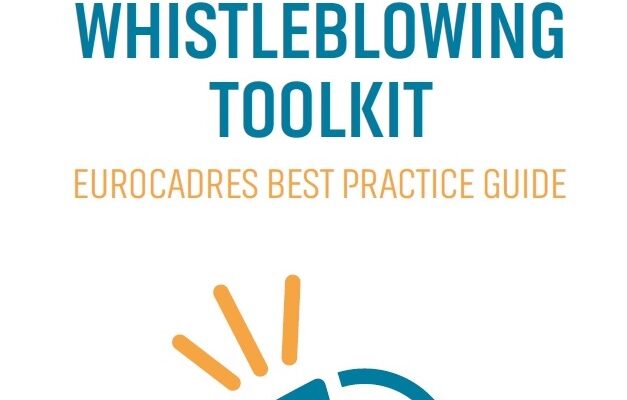Danske Bank whistleblower testifies at European Parliament
The now famous Danske Bank Whistleblower, Howard Wilkinson, testified before the TAX3 European Parliament Committee last week.
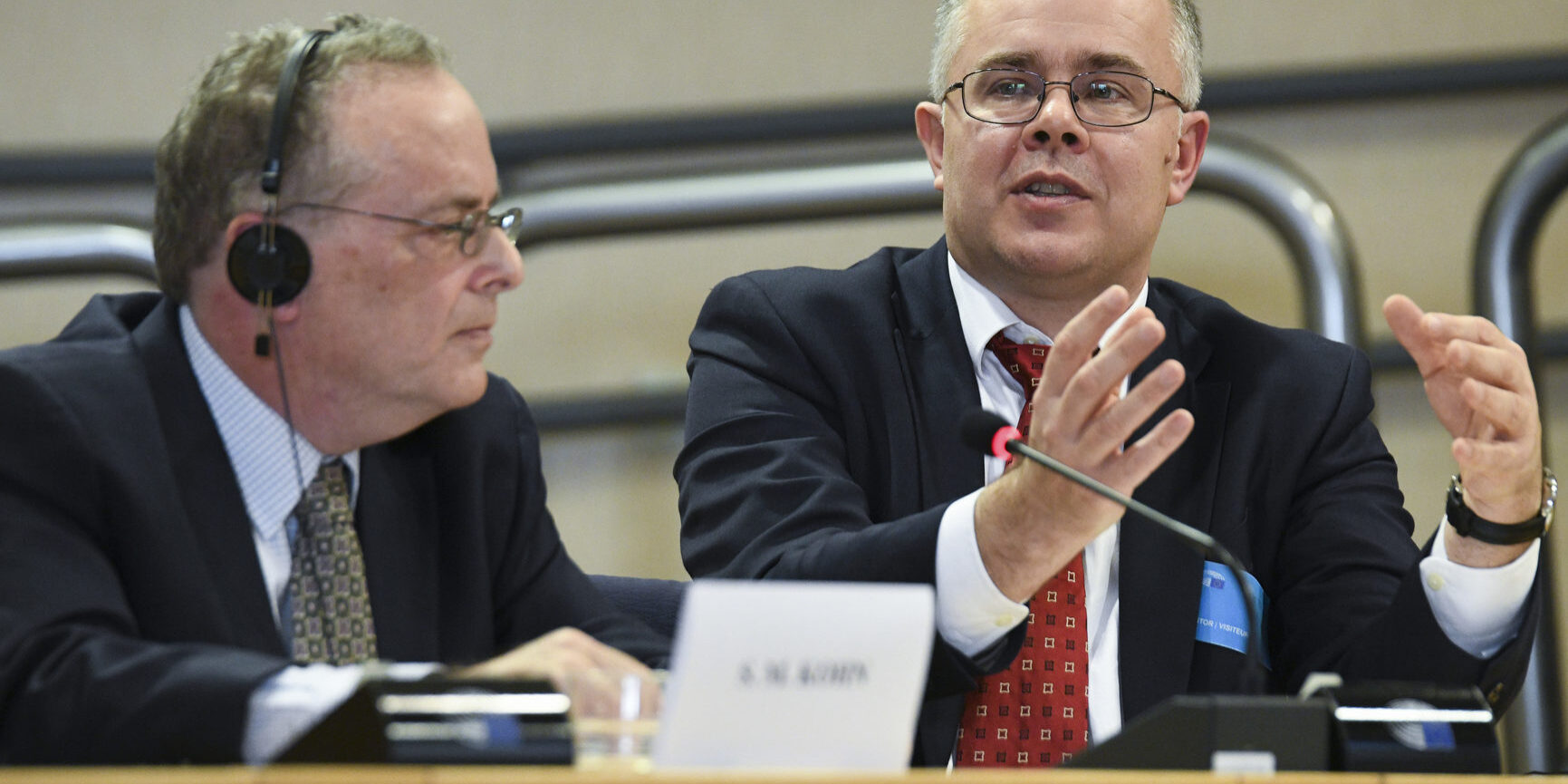
The statement was given on the day after the European Parliament’s legal affairs Committee adopted its report on the whistleblower protection Directive – which was significantly stronger than expected.
Wilkinson reported suspicious financial transactions at Danske Bank’s Estonia branch, where he worked until 2014. It has been calculated that up to $20 billion in fraudulent financial activity have been brought to light by Wilkinson’s disclosures.
Wilkinson told the parliamentary committee that although he chose to report internally, it would be disastrous if the EU insisted on internal reporting as part of a tiered approach to reporting criminal activity and wrongdoing. ‘Ultimately, whistleblowers must have the right to go straight to the authorities’ if they suspect criminal activity of breaking of regulatory rules. It would be strange if the EU enacted legislation which made it even harder to report.
It would be disastrous if the EU insisted on internal reporting as part of a tiered approach to reporting criminal activity and wrongdoing
Wilkinson’s legal counsel Stephen Kohn, who has been representing whistleblowers for more than three decades, informed committee members that he would be forced to actively oppose the EU Directive if mandatory internal reporting was part of the legislation – as this would undermine a whistleblower’s fundamental right to report wrongdoing to the appropriate authorities and law enforcement agencies.
Kohn forthrightly told parliamentarians, the EU’s whistleblower laws ‘must be designed to undercut the fear to report wrongdoing and a culture of silence that permits crimes, such as money laundering, to go undetected by law enforcement agencies’. According to Kohn the EU Directive must both better protect the whistleblower and encourage and incentivise the disclosure of wrongdoing, if the EU is serious about effectively combating financial crimes.
The EU’s whistleblower laws ‘must be designed to undercut the fear to report wrongdoing and a culture of silence that permits crimes, such as money laundering
Kohn noted that increasingly, the premise of modern whistleblower protection laws is about incentivising employees to report hidden fraud. Crimes such as illegal banking, money laundering and foreign bribery all largely take place in secret. Without an ‘insider’ whistleblower to detect, document and report these types of financial crimes, then they can be extremely hard to uncover.
He believes that the EU should harmonise Europe’s whistleblower protections with the highly effective whistleblower laws, that are part of the US tax code. The US-based lawyer also believes the EU needs to identify the toughest whistleblower protection laws among member states and ensure the European legislation takes these on board.
The EU needs to identify the toughest whistleblower protection laws among member states and ensure the European legislation takes these on board
Both Wilkinson and Kohn stressed the importance of Europe’s whistleblowers legislation giving those reporting complete confidentiality and anonymity. Wilkinson said, think of a Danske Bank employee, a single mum, with a mortgage. If she discovers something wrong, is she going to risk everything, her career, her reputation, her financial security? She most probably will not – unless she knows she will enjoy complete anonymity and confidentiality. She may not be fired, but she might suffer come the next round of redundancies. The financial sector in Estonia being fairly small, she will never work in the sector again. Can you ask someone to risk everything on the off-chance that they may me vindicated, years down the line, this would be optimistic in the extreme.
Kohn added: ‘Banks are rational economic actors. Even if they are 90 per cent certain they are going to lose a case against a whistleblower, they will pursue it, if only to discourage future whistleblowing.
Wilkinson’s counsel supports the formation of an EU Whistleblowers Office
Wilkinson’s counsel supports the formation of an EU Whistleblowers Office, tasked with accepting confidential and anonymous complaints. The office would also provide detailed information to perspective whistleblowers both in person and online.
MORE ARTICLES
Progress update: Are EU Governments taking whistleblowing protection seriously?
Today, on World Whistleblowing Day 2021 – less than 6 months before the deadline to transpose the Directive – we highlight key developments in EU countries since the publication of the report.
New civil society monitor on the EU Whistleblowing Directive
The partnership of Eurocadres, the Whistleblowing International Network (WIN) and Transparency International EU is delighted to announce the development and launch of EU Whistleblowing Monitor, a new online platform to monitor transposition and implementation of the EU Directive on Whistleblowing (2019/1937) across Europe.
EU whistleblowing provisions need adjustments in member states
Seven months remains for EU member states to transpose the whistleblower directive into national legislation.
Can transposing the Whistleblower Protection Directive be done on time? Maybe, but not at the cost of transparency and inclusiveness
EU governments were given two years to bring their national whistleblowing frameworks in line with the EU Directive on Whistleblower Protection.
Are EU Countries taking whistleblower protection seriously?
Transposition of the Whistleblower Protection Directive is a chance to ensure that people can expose abuses safely across the European Union – but EU nations might be letting the opportunity pass us all by.
EU Whistleblowing Meter monitors transposition process
The EU Whistleblowing Meter tracks the progress of transposition in each country.
Half a decade of whistleblower directive advocacy
Professor Wim Vandekerckhove from University of Greenwich has analysed the work of the platform in reaching a directive proposal on the protection of whistleblowers.
EVENT – Call to action: Whistleblower protection across the EU, 23 February
EVENT – 23 February, 14:00 – 15:30 (CET)
Best practice guide on whistleblowing for trade unions
What should be the role of trade unions in whistleblowing? Which internal arrangements, should be in place to establish a culture which promotes whistleblowing?
EU Whistleblowing Meter Launched to Monitor Transposition of EU Directive on Whistleblowing
On World Whistleblowing Day, 23 June, the Whistleblowing International Network along with its many partners and colleagues across Europe are launching the EU Whistleblowing Meter

